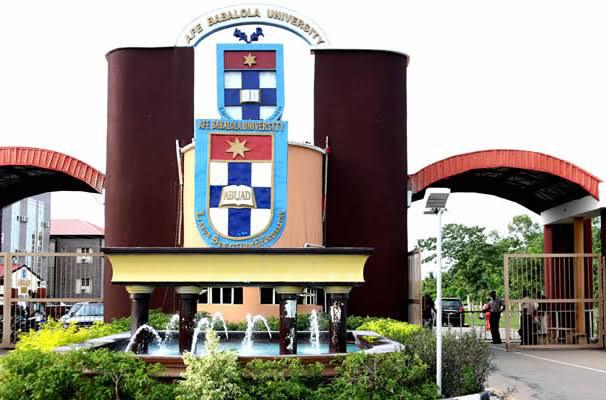
The United Nations Educational, Scientific and Cultural Organization (UNESCO), has extended its Chair tenure on Peace & Citizenship with Afe Babalola University, Ado-Ekiti (ABUAD) by another four years.
The agreement, which initially commenced in 2020 ended on February 12, 2024, but renewed on May 17 and expected to expire on June 30, 2028.
In a statement signed by the Director, Corporate Affairs, ABUAD, Tunde Olofintila said the extension of the agreement was contained in a letter addressed to the founder of the University, Aare Afe Babalola by Chairholder on UNESCO Chair on Peace & Citizenship (UCPC), ABUAD, Professor Demola Akinyoade.
The letter read in part, “This (the extension of the agreement) is the outcome of several months of back-and-forth correspondence between UNESCO and the Chair which ended on May 16, 2024.
“We want to thank you for your letter of support that contributed to making this a reality. The Chair now comprises Professor Demola Akinyoade, the Chairholder, Professor Isiaka Alani Badmus, Co-Chairholder and a newly appointed additional Co-Chairholder in the person of Dr. Babatunde Oyinloye.
“The UNESCO Chair on Peace & Citizenship (ID2020NG1392) has immense potential to reinforce the ABUAD brand in the Global community of nations and the global academia.
“Indeed, it can significantly improve our rating on Times Higher Education (THE) annual ratings and keep ABUAD at the top, if properly utilized”.
“I am using this opportunity, on behalf of my Co-Chairholders, to plead for your support, and that of the University to the Chair, to realize its enormous potential for ABUAD and the Nigerian society at large”.
According to the statement by Olofintila, the UCPC was established to promote an integrated system of Research, Training, Information and Documentation and Outreach activities on Peace and Citizenship.
The Chair will facilitate collaboration between high-level, internationally recognized researchers and teaching staff of ABUAD, other institutions in Nigeria, Africa, Asia, the Pacific regions, and other regions of the world.
